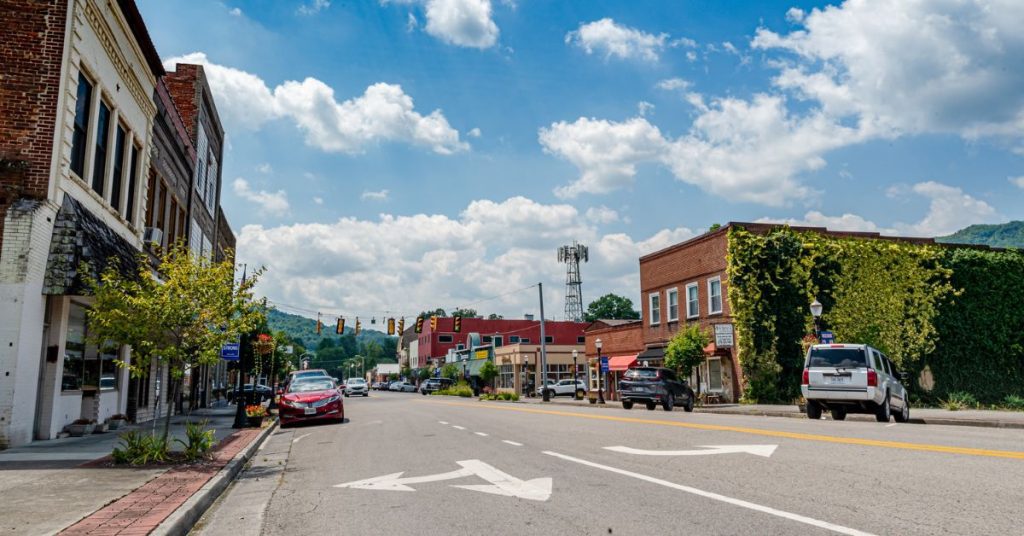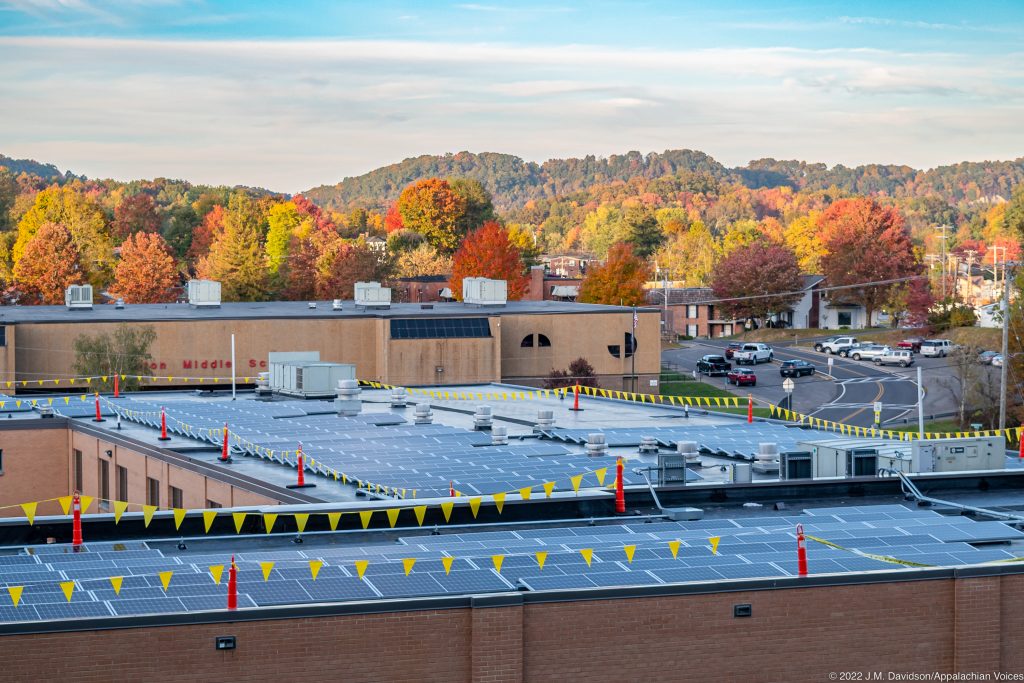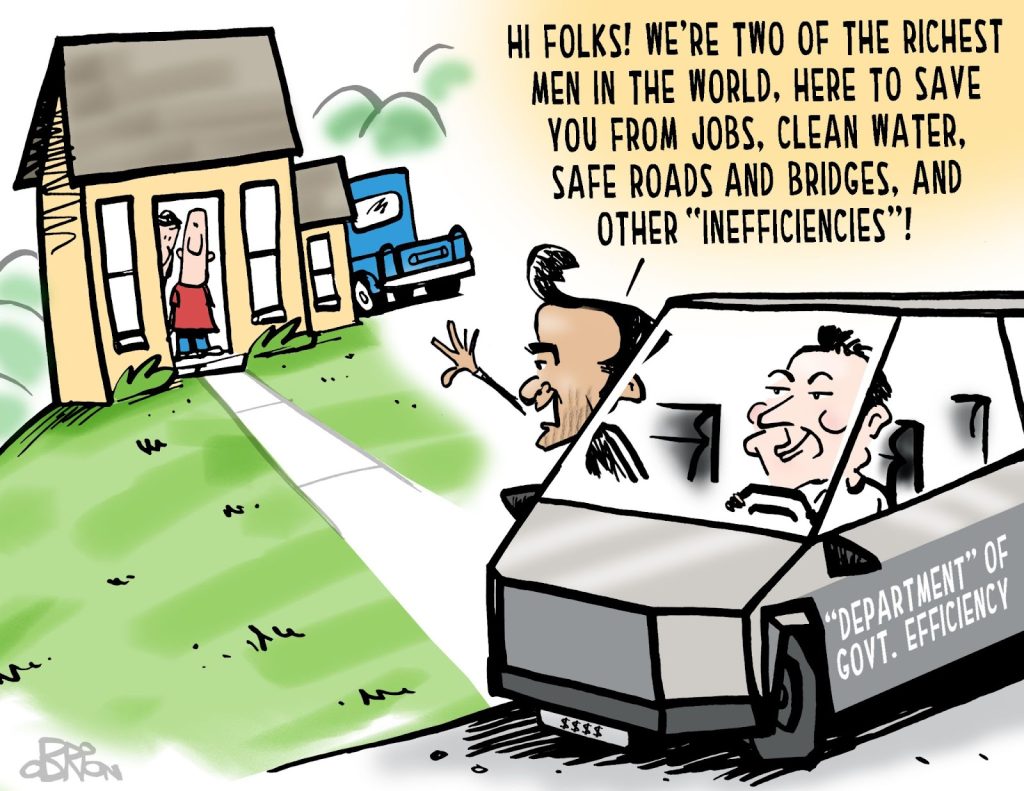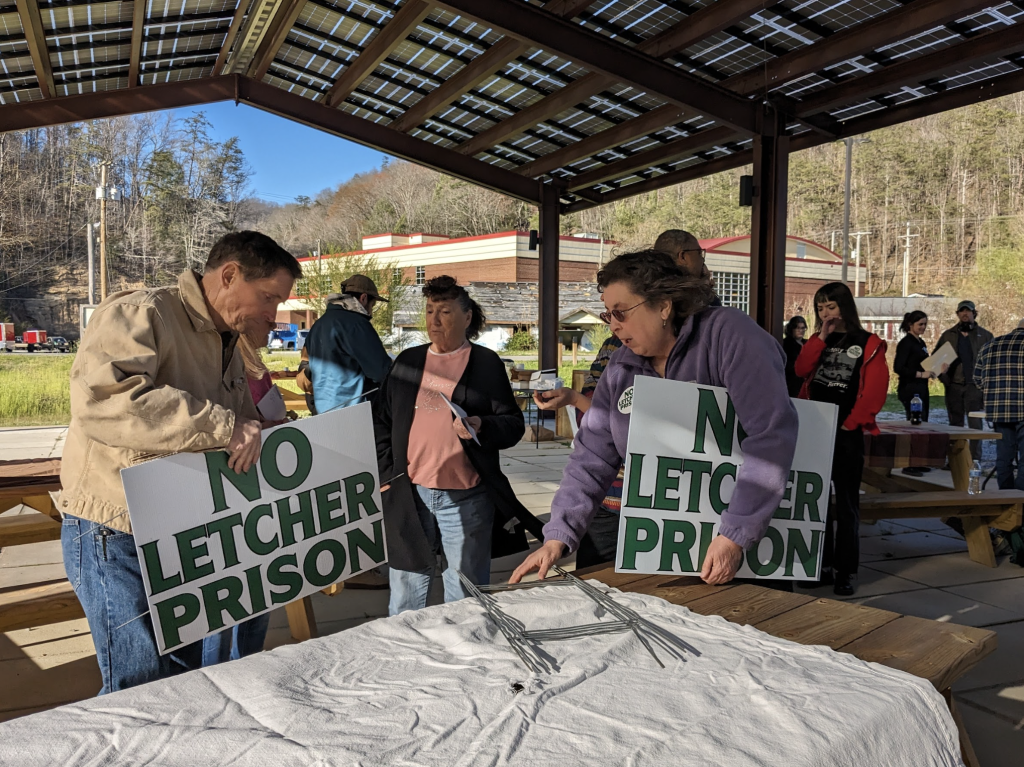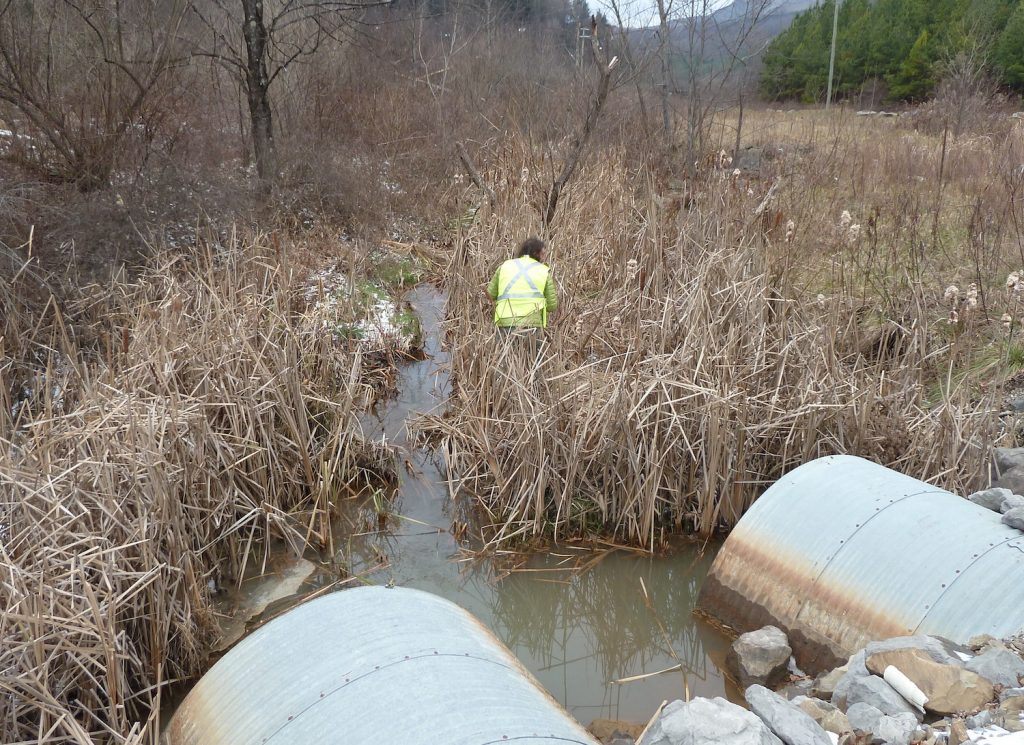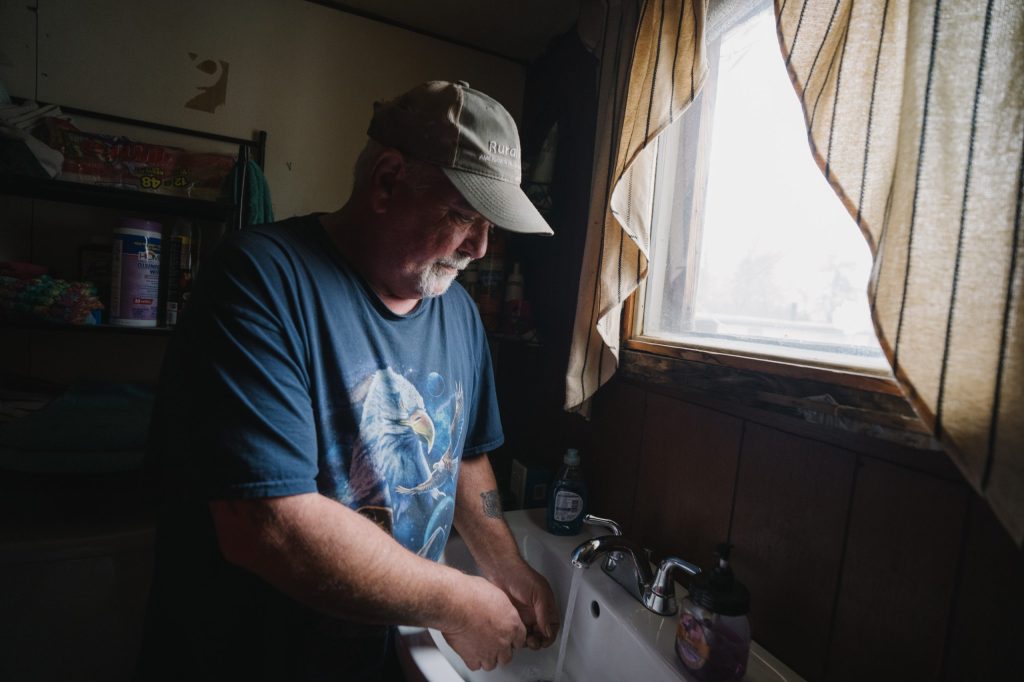Posts Tagged ‘bipartisan infrastructure law’
Abandoned Mine Land cleanup disrupted by federal funding freeze
As the Appalachian region is experiencing intense rainfall this week, the federal Office of Surface Mining Reclamation and Enforcement is not processing state requests seeking approval for abandoned mine land reclamation projects according to state agency officials and congressional staff.
Read MoreThe importance of sustained investment in our Appalachian communities
Appalachian communities have been putting funding from two major federal laws to good use, adopting more sustainable and resilient forms of energy. Read about how recent executive orders and proposals from Congress could impact these popular programs.
Read MoreStatement by Appalachian Voices on impact of Trump energy executive orders on rural Appalachia
One of the many executive orders issued by President Donald Trump on his first day in office, “Unleashing American Energy,” ironically would stymie renewable energy growth.
Read MoreHow the Department of Government Efficiency’s plans will harm Appalachian communities: Part 1
The Department of Government Efficiency’s proposal to cut funding for “unauthorized” programs would mean the end of programs and agencies that directly benefit Appalachians.
Read MoreCommunity members resist proposed Eastern Kentucky Prison
A controversial prison project in Eastern Kentucky has resurfaced, despite community opposition that had kept the proposal at bay for several years.
Read MoreConservation groups defend in court the ability of citizens to report problems with coal mines to federal authorities
Today, a federal judge approved a motion by conservation groups to join in the defense of a Biden administration rule that makes it easier for individuals and community organizations to report problems related to coal mining directly to federal regulators.
Read MoreMassive Funding Boost Spurs Coal Clean-up Efforts in Appalachia
Appalachian states received $725 million from the federal government this summer to clean up decades-old abandoned mines. Read about their efforts!
Read MoreReducing Methane Emissions from Wells Could Create Tens of Thousands of Jobs
Decommissioning unplugged oil and gas wells and reducing emissions at operating wells in accordance with new federal guidelines would create tens of thousands of jobs across four states, according to a recent report.
Read MoreNew Effort to Reduce ‘Forever Chemicals’ in Drinking Water
The Environmental Protection Agency set stricter limits on the levels of certain PFAS chemicals in drinking water and is providing funding to test and treat public water systems and private wells.
Read MoreHow McDowell County, West Virginia, is Addressing its Decades-old Water Problems
Federal funding and an innovative nonprofit program are key resources McDowell County, West Virginia is using to correct its decades-old problem with access to clean drinking water.
Read More

